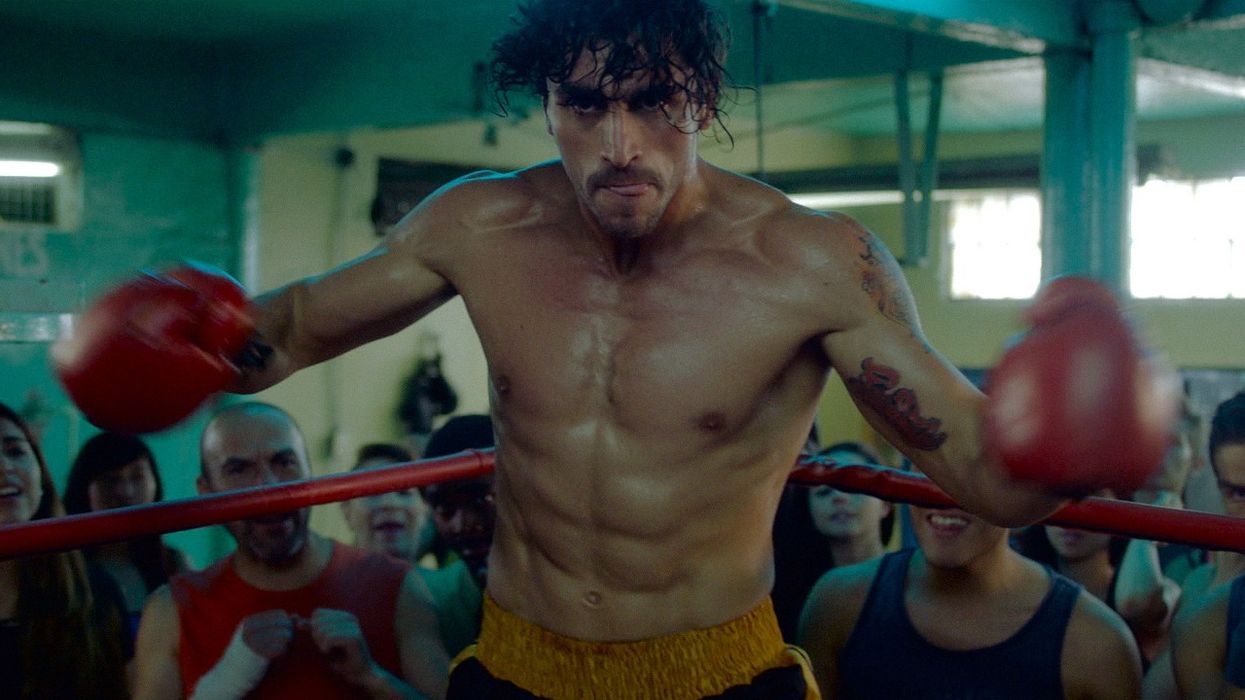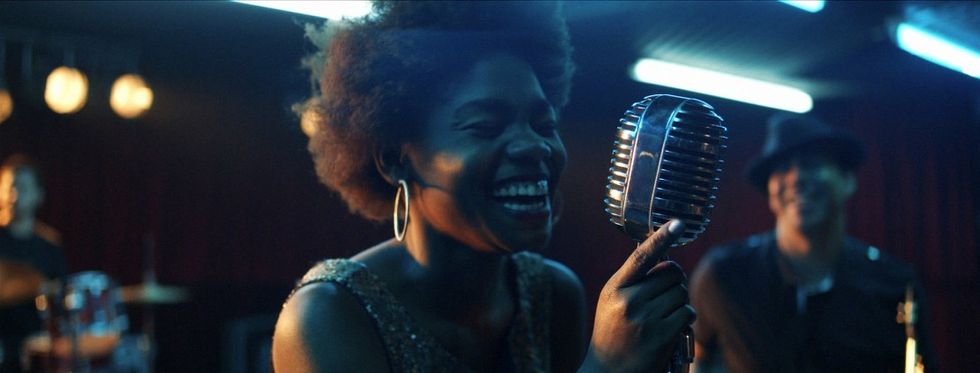3 Essential Tips for Writing a Standout Commercial Treatment
In the commercial world, it’s not enough to be a great filmmaker. If you want a client to buy your ideas, you’re going to have to sell them.

{Editor's Note: This article was written for No Film School by Will Meier of Musicbed.]
Too many incredible commercial concepts have been lost to bad salesmanship. If you want the opportunity to craft a commercial to sell a client's product, first, you need a standout treatment to sell the client on your idea. Creating great treatments isn’t just about selling your ideas; it’s about discovering them and refining them. It’s an act of creativity in itself. Every commercial director I’ve talked to views treatments as an essential part of their process.
“Somehow, during those late-night hours I spend writing treatments, I get to discover so much of who I am as a filmmaker,” says Diego Contreras, a director whose commercial work has spanned clients like GE, Lincoln, and Reebok.
“Somehow, during those late-night hours I spend writing treatments, I get to discover so much of who I am as a filmmaker.”
I asked a few celebrated brand filmmakers to share their best tips for creating great treatments. Here’s what I learned.
1. Include your personality
It’s not just an idea you’re selling; it’s you. Not only your vision, but who you are. Don’t be afraid to include a healthy dose of your personality. Forget slick, market-y language. Talk like yourself. Get quirky. Be weird. Contreras explains:
“I believe everything about [your treatments] should point to who you are. They should read and sound like you. There’s no need to sound all professional and try to impress anyone with flashy marketing words or lofty language. Just be yourself and write in a way that shows how much you love and care about the project. Try to make it fun. Drop in a life story or a few jokes. Throw in a few emojis. If they don’t like it, that’s fine. The project probably wasn’t meant for you then.”

I also spoke with Andy Baker, senior vice president and group creative director at the National Geographic Channels, on why getting personal is so important in the treatments he greenlights:
“Ultimately, we hire directors because we believe that they, as artists, will help elevate the work. So we want to have the treatment tell us not only how they’ll make it and what they want to do, but we also look for it to tell us who they are as a director. What makes them tick? If you can make an emotional and personal connection with a client through your treatment, then you’ll really elevate your chances of landing the gig.”
2. Be extremely thoughtful
“I find that the more specific I get with treatments, the better,” Ricky Staub, director for Neighborhood Film Co., told me. “I spend more and more time being as technically and creatively specific as possible, so agencies and clients see clearly what I’m dreaming in my head.”

While it’s tempting to approach a treatment as a simple mood board that helps your clients get the idea, time and again I find that the more thoughtful and specific a treatment, the better. Check out Contreras’s detail-obsessed approach:
“I’ll pull all-nighter Photoshop parties creating new images that show off my vision for specific scenes. I’ll also go to Photoshop to bump up all of my visuals. I’ll color grade the images in every page so they’ll work together. I’ll add a bit of grain to make things more filmic, remove competitive logos or products, and swap out backgrounds to match my proposed locations. I’ve even gone to the extreme of replacing all the cars in every image for a car treatment. It’s a bit over the top, but it helps people visualize exactly how your film will look. Clients have an eagle eye for the smallest details like these.”
He’s right. Details go a long way with clients. Here’s Baker again:
“I want to see a treatment that shows the director has put a lot of thought into every aspect of the project. You can always tell when a director puts a bit more thought into it than just a few quick reference frames and a paragraph. It goes back to passion. If they’re passionate about the project, you can feel it in every aspect of the presentation.”
Which brings me to our last point…
“A strong vision is why they’re coming to you, and that’s your most valuable asset.”
3. Show your passion
A great treatment doesn’t just cast vision; it grabs the reader by the lapels. It makes the project—however trivial it may be—seem like the most important thing in the world. If you’re not passionate about the project, it’s unlikely you’re going to win it. And your treatment is the place where you can not only communicate your passion for the project, but also find it. Contreras elaborates:
“What most good agencies are expecting is to see you take their idea and run with it. They want to see how much more depth you can put into it, how you can build on it, how you can take it to the next level. They want your take. If you’re just describing how you’re going to execute their idea, then you’re missing something. They might as well hire a talented DP to do the job. A strong vision is why they’re coming to you, and that’s your most valuable asset.”

And again, Baker can confirm:
“When you read a treatment and you can just TELL the director is fired up for this project, that really helps. We recently had a few treatments for a project we were bidding out, and one of the directors made us feel like this was the singular project he’d been waiting for his entire career. It felt authentic. This project was the culmination of everything he’d worked for. His writing was eloquent yet passionate, not desperate. It helped persuade us that he’d bring a filter of excellence, and that made him rise to the top. (We hired him.)”
Find your passion for the project, and the treatment will often take care of itself. If, in the end, the client passes, then you can rest easy knowing the project they wanted from you was not the project you wanted to make. And when you do land a project, you’ll land it your way—with a vision that is unambiguously yours.
Will Meier is the content director at Musicbed, the music licensing site for filmmakers, brands, ad agencies and TV studios, where he leads the company’s branded content, social media and marketing initiatives.











